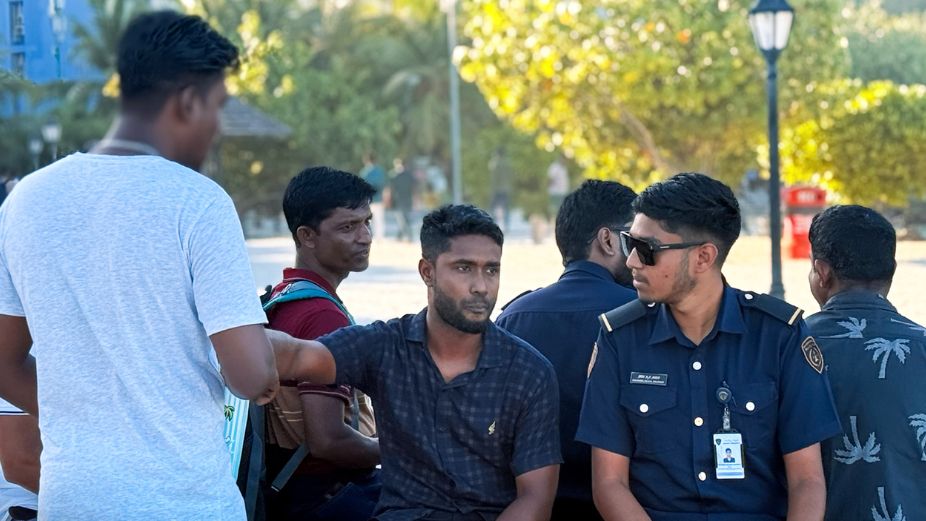
The Maldives has launched a new National Migrant Health Policy aimed at ensuring equitable access to healthcare for the country’s large migrant population. The policy, unveiled on 30 June, seeks to safeguard the basic health rights of foreigners living and working across the country.
According to the International Organisation for Migration (IOM), approximately 70,000 foreign workers are currently undocumented in the Maldives, underscoring the scale and complexity of the issue. The IOM has urged collaboration between government agencies, civil society, local councils and the broader public to support the successful implementation of the policy.
State media reports indicate that the policy focuses on five broad areas: improving perceptions towards migrants, delivering quality healthcare services, enhancing data collection and usage, reducing vulnerabilities and developing supportive systems. The approach is intended to create an inclusive health environment that goes beyond providing services to actively addressing the structural challenges faced by migrant communities.
Officials from the Health Protection Agency have highlighted that a significant proportion of the migrant population, about 40 per cent, resides in the Greater Malé Region. This concentration, they say, places a particular responsibility on employers to ensure the wellbeing of their staff. The agency stressed that this includes facilitating access to healthcare, timely payment of health insurance premiums and guaranteeing proper medical attention when needed.
The Ministry of Health stated that the new policy will enshrine migrants’ right to basic healthcare, supporting the broader national objective of inclusive and equitable health for all residents, regardless of citizenship status. The success of this effort, however, depends on coordinated action from both the public and private sectors, including active engagement from individual citizens and migrant workers themselves.












